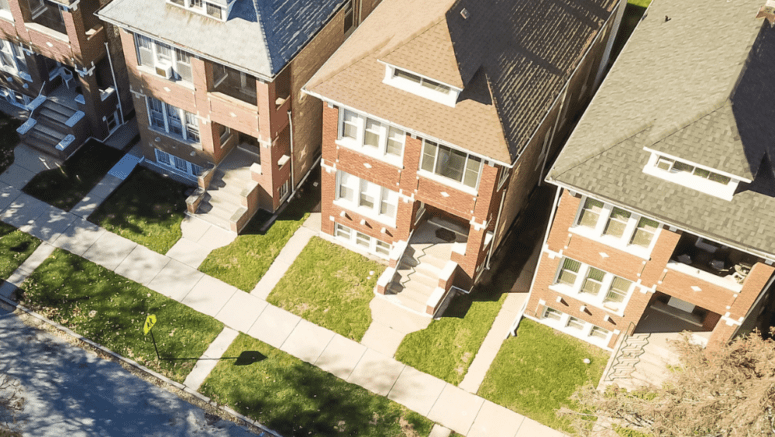Understanding Lake County’s Transfer Tax: A Quick Guide
- Published on
- 4 min read
-
Joseph Gordon EditorCloseJoseph Gordon Editor
Joseph Gordon is an Editor with HomeLight. He has several years of experience reporting on the commercial real estate and insurance industries.
Are you a Lake County homeowner with questions about the Lake County transfer tax? While not complicated, transfer taxes are an important part of any real estate transaction, and Illinois is, unfortunately, not a state where such taxes are nonexistent.
As such, you’ll want to have a good understanding of how transfer taxes work in Lake County — who pays for them, how much they can impact your bottom line, and if you are exempt from paying them for any reason.
Don’t worry. HomeLight’s quick guide will help explain how these taxes work, and what you can expect when selling your Lake County home.
What are transfer taxes?
Real estate transfer taxes are charged by state or local governments when property ownership is transferred from one individual to another.
According to the Federal Trade Commission, these taxes are due when the title to a property, essentially the document that confirms your legal ownership, is officially passed to a new owner.
The amount you owe in transfer taxes can vary significantly based on the property’s location. Different states, counties, and cities can establish their own rates and regulations for these taxes. Transfer taxes primarily serve as a means for local and state governments to generate revenue, funding various public services and infrastructure projects.
Who pays for transfer taxes?
Unlike other states, Illinois does not have a hard and fast rule on who pays for transfer taxes. In Lake County, it falls to the buyer or the seller, depending on the terms of the sales agreement.
What are the types of transfer taxes?
Transfer taxes typically vary according to local regulations but can generally be categorized into three types — state, city, and county, depending on the state. Here’s a brief look at how it works in Lake County.
State transfer taxes
For property transfers in Illinois, a documentary transfer tax of $0.50 per $500.00 of the home’s value is applied. However, additional taxes may apply based on your specific location in Illinois.
County transfer taxes
Lake County’s transfer tax rate is $0.25 per $500 of the property’s sales price.
Other transfer fees
Beyond transfer taxes, there may be additional fees to consider, such as those from a homeowner’s association or other local neighborhood organizations. Since these can vary widely based on location, consulting a professional is advisable.
If you’re selling your home as a for-sale-by-owner, seeking professional advice might clarify some of the nuances of the process and provide a better understanding of what to expect regarding the pros and cons of selling a house without a realtor.
Are transfer taxes deductible?
Transfer taxes are, unfortunately, not eligible for tax deduction.
However, you might be able to lower the amount you pay in capital gains taxes.
Capital gains, defined as the profit obtained from the sale of your home or the financial gain from selling your property, are subject to federal taxation just like profits from the sale of other assets.
According to the IRS, sellers have the option to treat paid transfer taxes as selling costs, allowing them to subtract these from their home’s closing sale price. By doing so, they can diminish the capital gains taxes owed on any profit earned.
Lake County transfer tax exemptions
Not all real estate transactions are subject to transfer taxes. The most common transfer tax exemption in Lake County is for transactions under $100, but there are others. Tax deeds, property acquired by or from a governmental body, or deeds of partition are also common exemptions. For a complete list, consult the Illinois Real Estate Transfer Declaration form.
Estimating Lake County transfer taxes
Ready to sell your Lake County home? To accurately estimate your net proceeds, consider using HomeLight’s Net Proceeds Calculator. This tool can calculate closing costs such as transfer taxes, agent fees, and any improvements you’ve made to the property, and can give you a solid estimate of your bottom line.
Additionally, you might want to consider collaborating with a top Lake County real estate agent who can offer valuable insights tailored to your needs. HomeLight can connect you with a professional today, giving you the peace of mind needed to sell your home with confidence.
Editor’s note: This post is for educational purposes only and does not constitute legal or financial advice. Links and mentions of Lake County area tax services or attorneys should not be considered endorsements.
Header Image Source: (trongnguyen / DepositPhotos)



